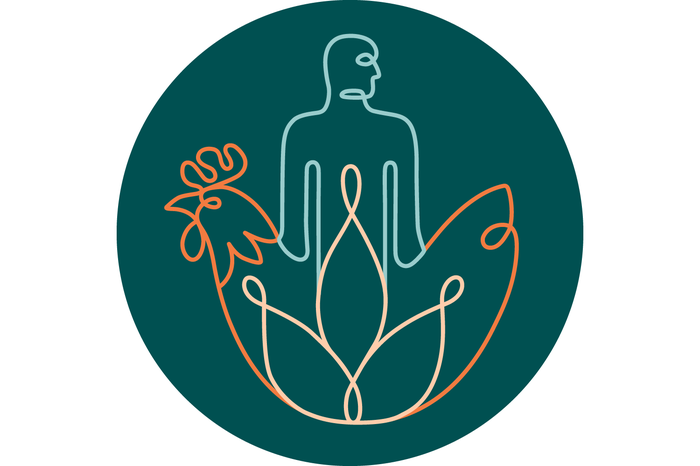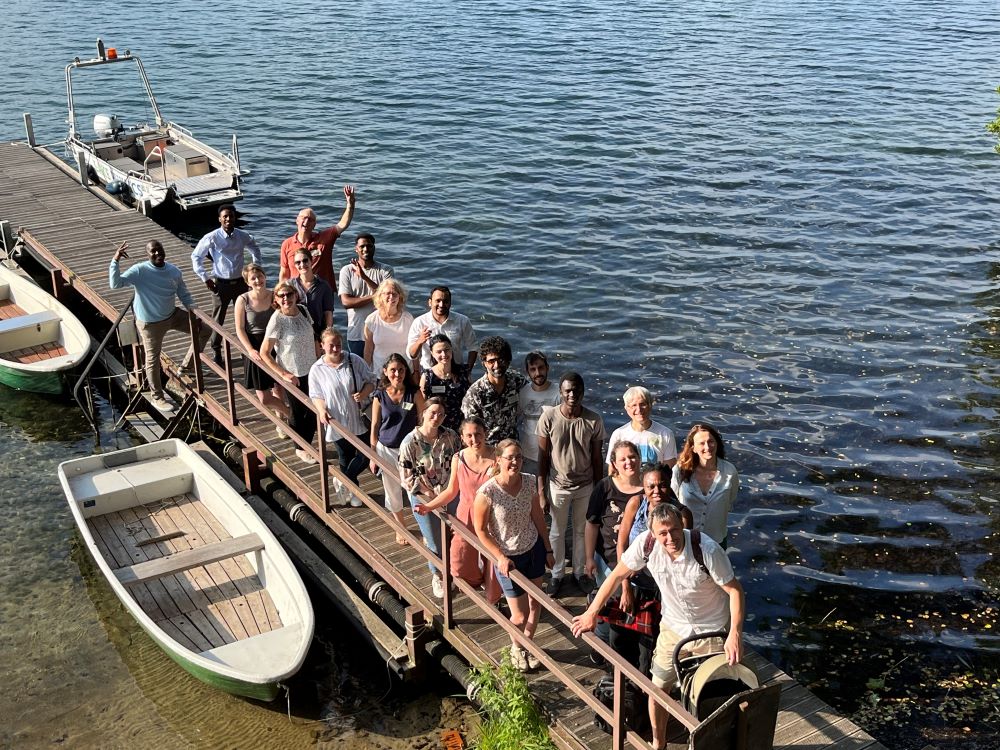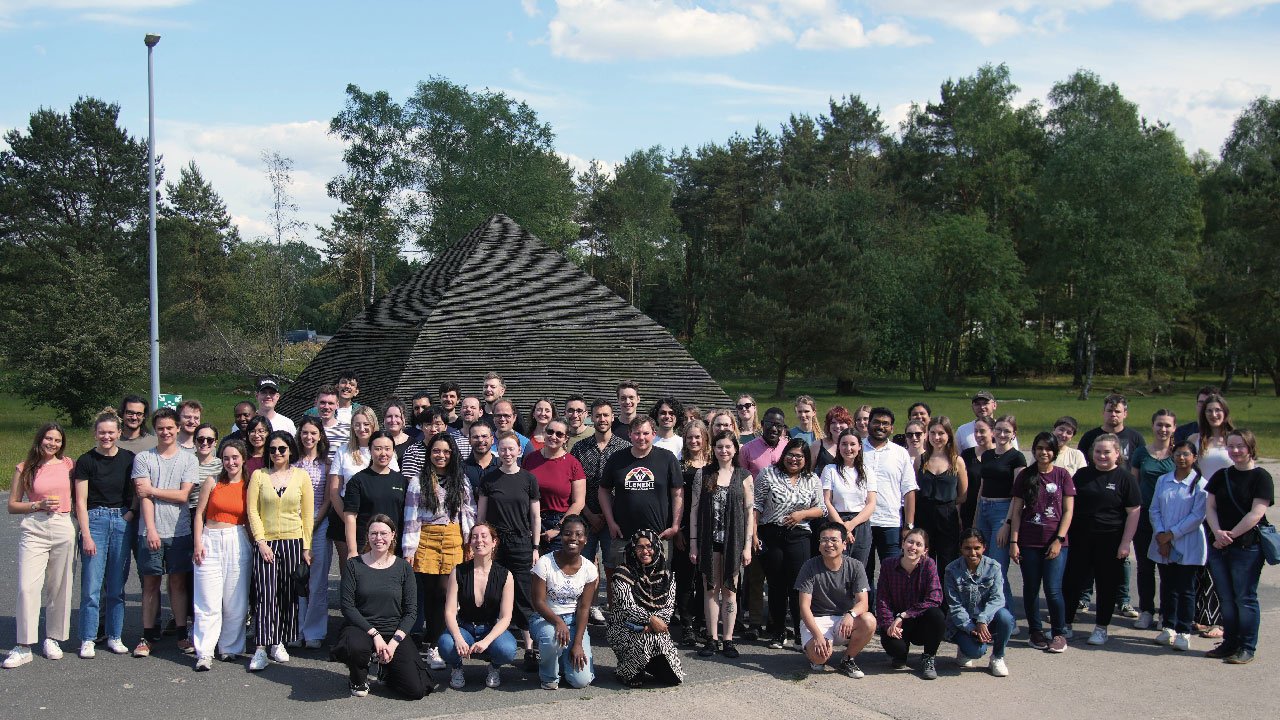
The ENVIRE project is an intervention study that aims to investigate the potential of various measures on the spread of antibiotic resistance in chicken farms and their surroundings. This experimental study, in which six working groups from Germany, France, Lithuania, Poland and Tunisia are pooling their expertise, aims to investigate whether and to what extent changes in husbandry, the way drugs are used or the storage and cleaning of manure and wastewater lead to a reduction in drug resistance and reduce the transmission of antibiotic resistance to humans in the environment.

Vom 25. bis zum 27.06. 2024 fand am Stechlinsee Center in Neuglobsow, Stechlin die Summer School des Leibniz-Forschungsverbunds INFECTIONS statt. 20 Nachwuchswissenschaftlerinnen und Nachwuchswissenschaftler aus 12 verschiedenen Instituten haben an dieser Veranstaltung teilgenommen, um gemeinsam mit den eingeladenen Referentinnen und Referenten die vielschichtigen Aspekte von Antimikrobiellen Resistenzen (AMR) zu diskutieren und daraus Ansätze für die Bekämpfung zu entwickeln.

Zur Bearbeitung des Projekts „AirBarn“ suchen wir ab November 2024 eine Wissenschaftliche Hilfskraft (m/w/d) mit ausdrücklichem Wunsch zur Anfertigung einer Masterarbeit zum Thema „Auftreten von Bioaerosolen und die Übertragung antimikrobieller Resistenzen in der Schweinehaltung“

Doctoral students from the Bernhard Nocht Institute for Tropical Medicine (BNITM), the Research Center Borstel, Leibniz Lung Center (FZB) and the Leibniz Institute of Virology (LIV) met for a three-day meeting on "Molecular Infectious Diseases Epidemiology". The three institutes organized the summer school as part of the Leibniz Center Infection (LCI) Graduate School as a joint event with the Hamburg Leibniz ScienceCampus "Integrative Analysis of Pathogen-induced Compartments" (InterACt). The summer school offered the doctoral students plenty of time for dialogue and networking.

Antimicrobial resistance (AMR) prevails as one of the leading causes of morbidity and mortality worldwide. In light of this pressing global concern, researchers of the Leibniz Research Alliance INFECTIONS have now added another puzzle piece to the bigger picture of AMR. Their study, published in Frontiers in Microbiology, sheds light on the intricate interplay of factors contributing to the proliferation of AMR in animal farming.